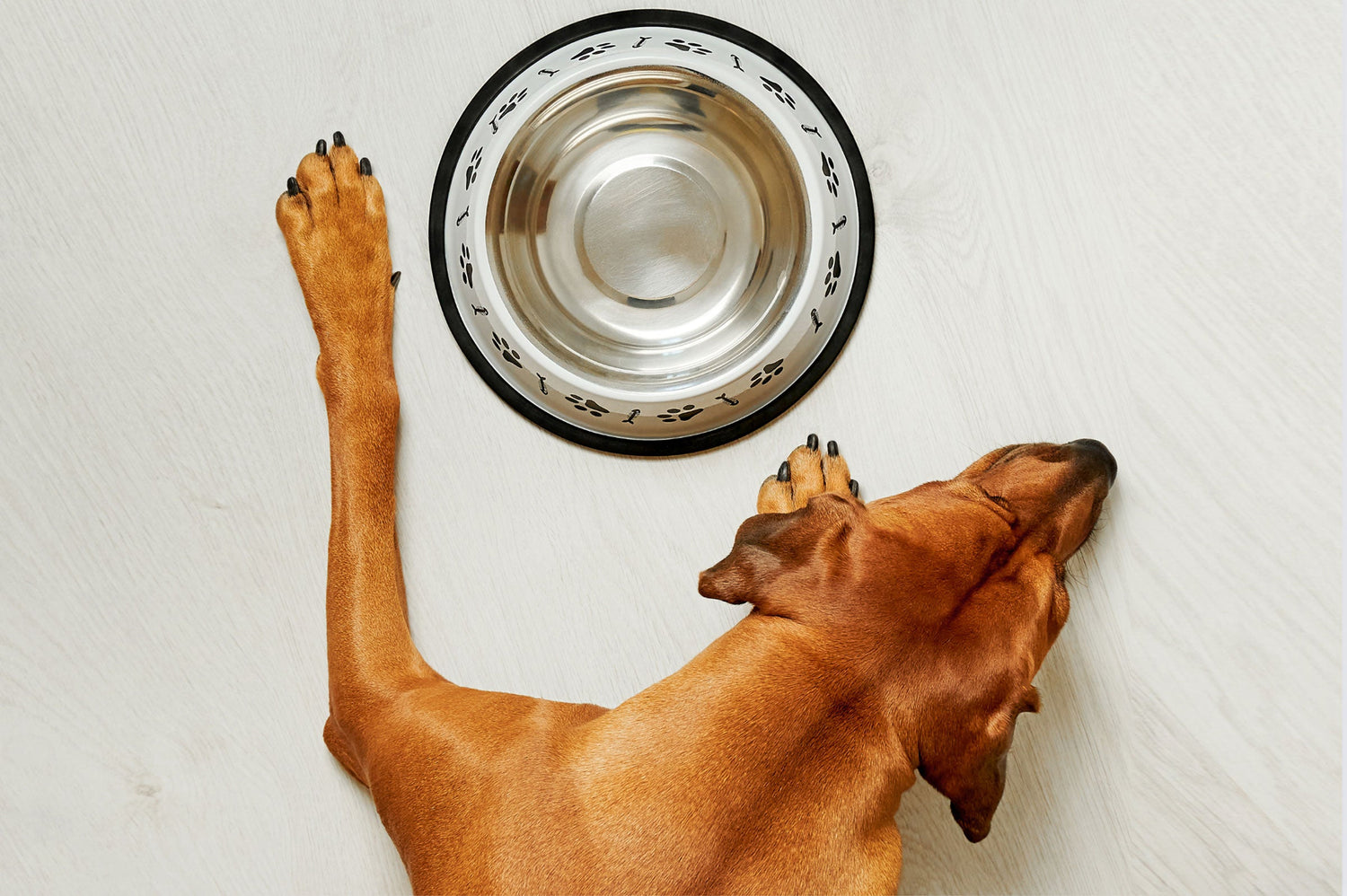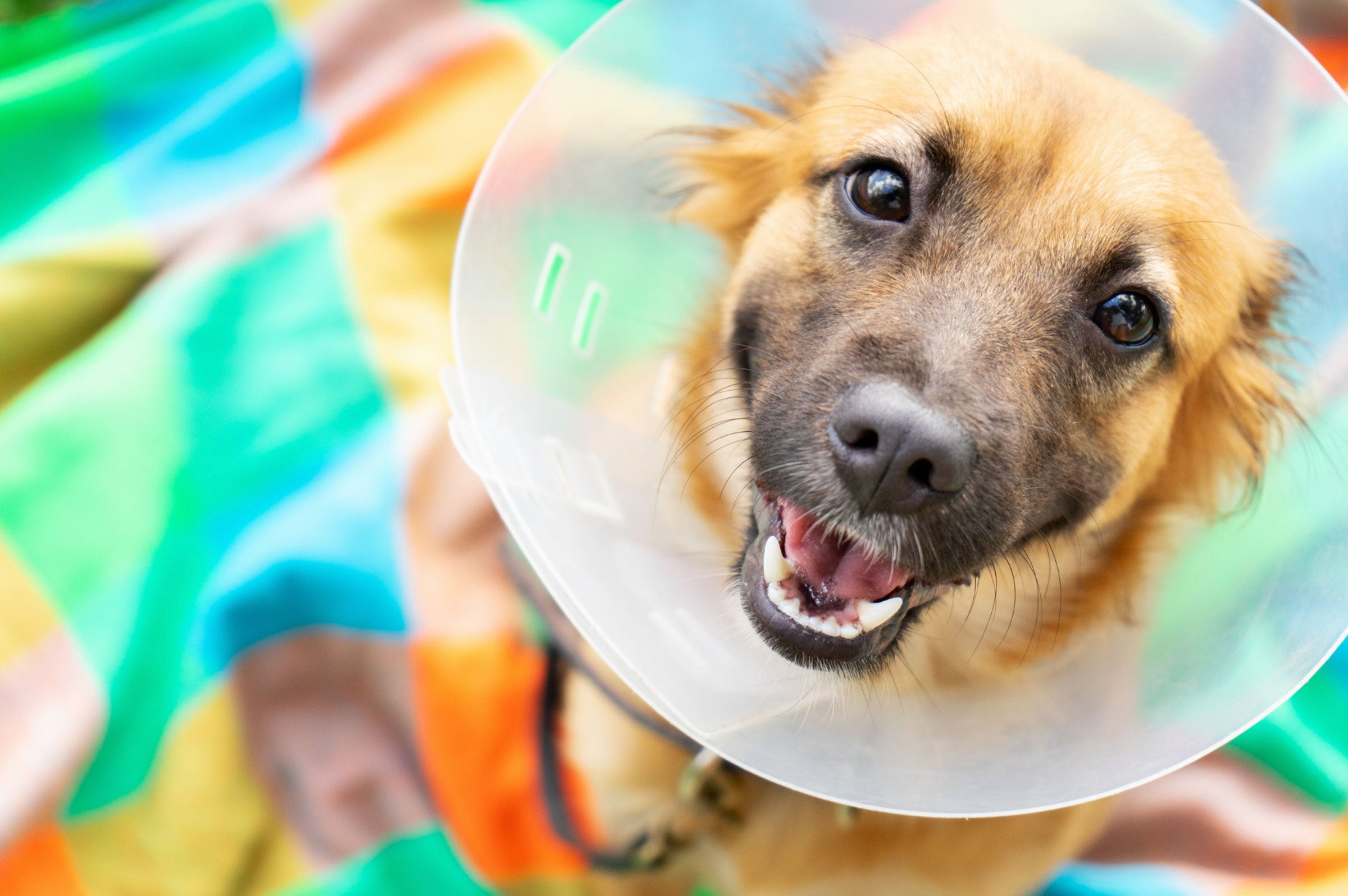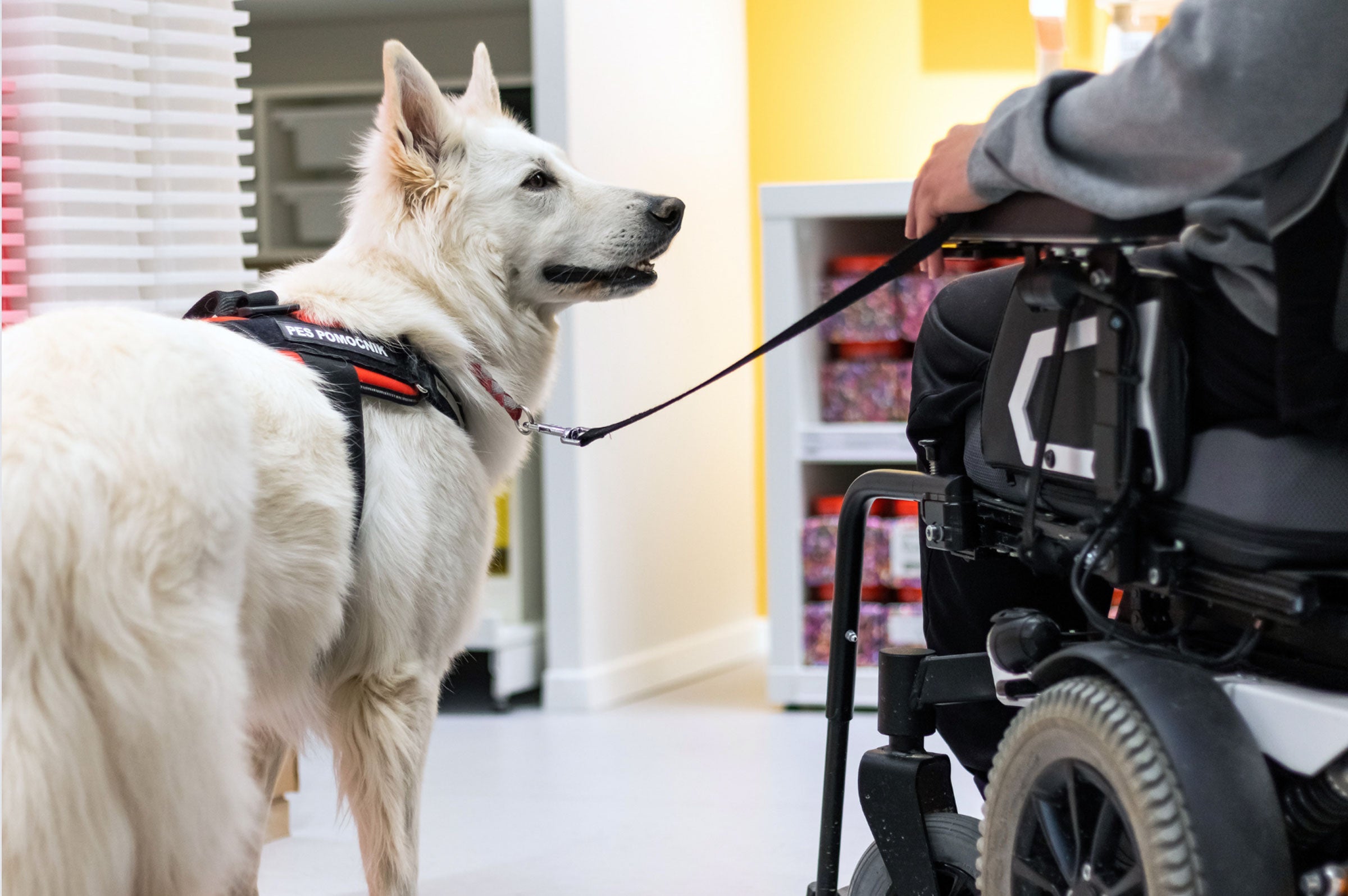It can be concerning when your dog suddenly stops eating but appears healthy in every other way. As a pet owner, you know how important nutrition is to your dog's health. If your dog isn't eating, it's crucial to understand the possible reasons behind this behavior and when it might be necessary to seek veterinary care. Here's a closer look at this perplexing issue and some tips on what you can do.
Common Reasons Why Dogs Stop Eating
- Behavioral Changes: Dogs are creatures of habit, and any disruption in their routine, such as a new environment, the absence of a family member, or changes in the household, can affect their appetite.
- Picky Eating: Some dogs are just picky eaters. Changes in the type of food, the brand, or even the presentation can sometimes lead to a temporary refusal to eat.
- Dental Issues: Dental pain, gum disease, or tooth decay can make eating painful and cause a dog to stop eating. Check your dog's mouth for signs of redness, swelling, or bad breath. Keep up with your dog’s dental health by using dental chews and treatments.
- Stress or Anxiety: Dogs can experience stress and anxiety just like humans, which can lead to decreased appetite. This can be triggered by loud noises, a new pet, or a change in the family dynamic.
- Minor Illnesses: Just like people, dogs can have off days. A mild stomach bug or feeling under the weather might cause a temporary loss of appetite. If your dog is not using a daily probiotic to balance its digestive system, this is a good time to start one.
Steps to Take if Your Dog Stops Eating
- Monitor Your Dog: Keep an eye on their behavior. If your dog skips meals but otherwise plays, drinks water, and seems healthy, it might not be an immediate cause for concern.
- Check the Food: Make sure the food isn't spoiled or a different batch than usual, which might smell or taste different to your dog.
- Create a Stress-Free Environment: Ensure your dog’s eating area is quiet and free from stressors. Keep the feeding routine consistent.
- Encourage Eating: Try enhancing their food's palatability by adding warm water, chicken broth (make sure it's onion- and garlic-free), or a small amount of wet food.
- Gradual Changes: If you're introducing new food, do it gradually by mixing it with the old food to help your dog adjust.
When to Consult a Veterinarian
If your dog hasn't eaten for more than 48 hours, or if you notice other symptoms like lethargy, vomiting, diarrhea, or changes in drinking habits, it's important to contact your vet. Also, consult your vet if:
Your dog is very young, very old, or has pre-existing health conditions.
There's any possibility that your dog could have ingested something toxic or hazardous.
You notice any signs of discomfort, pain, or unusual behavior.
Conclusion
A dog's refusal to eat can be troubling, but often it's not indicative of a serious problem. However, understanding the potential causes and knowing when to seek professional help is crucial. Always keep a close watch on your dog's overall behavior and health beyond just their eating habits. By taking proactive steps like dental care, keeping a balanced digestive system, and maintaining a routine, you can help ensure your dog stays happy and healthy. If ever in doubt, a visit to the vet can provide peace of mind and help rule out any underlying issues.












